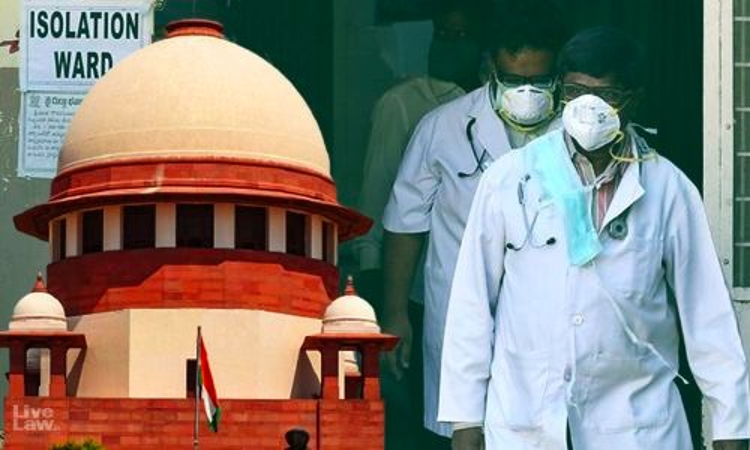National Medical Commission Has Power To Stop Admissions In Medical Colleges: Supreme Court
Sohini Chowdhury
8 April 2022 8:44 PM IST

Next Story
8 April 2022 8:44 PM IST
The Supreme Court, on Friday, stayed the operation of the order of the Bombay High Court at Aurangabad, which permitted Annasaheb Chudaman Patil Memorial Medical College to admit students to fill up its 100 seats in the MBBS course for the academic year 2021-2022.The Court noted that Section 26(1)(f) of the National Medical Commission Act 2019 gives power to the National Medical Commisison...
